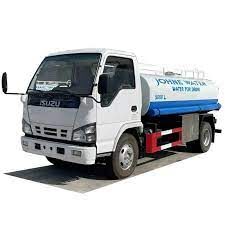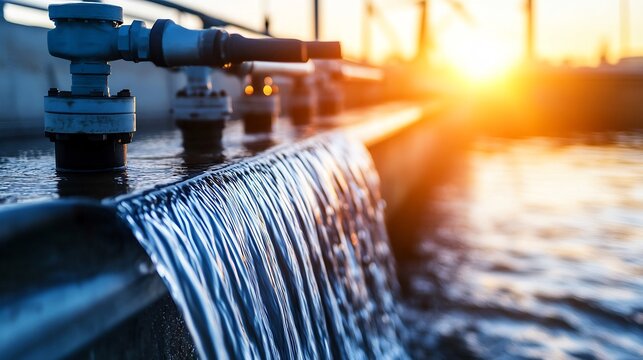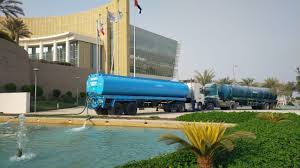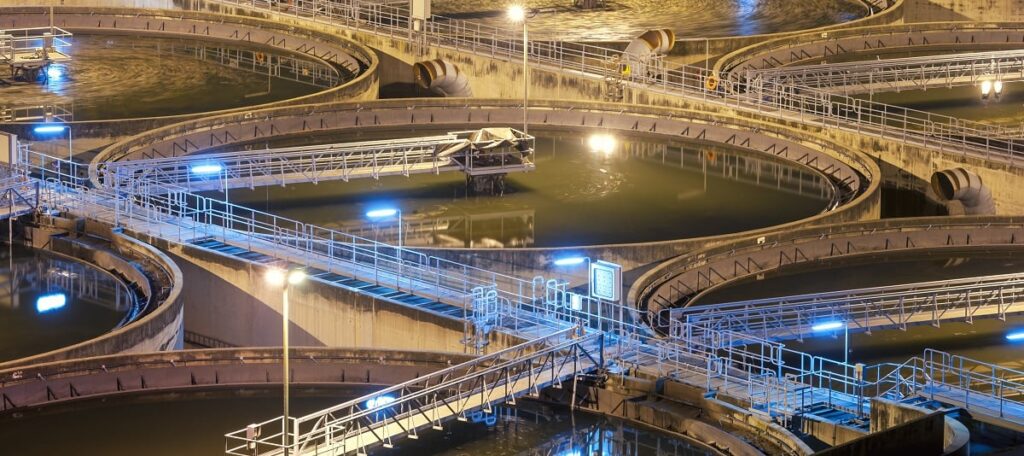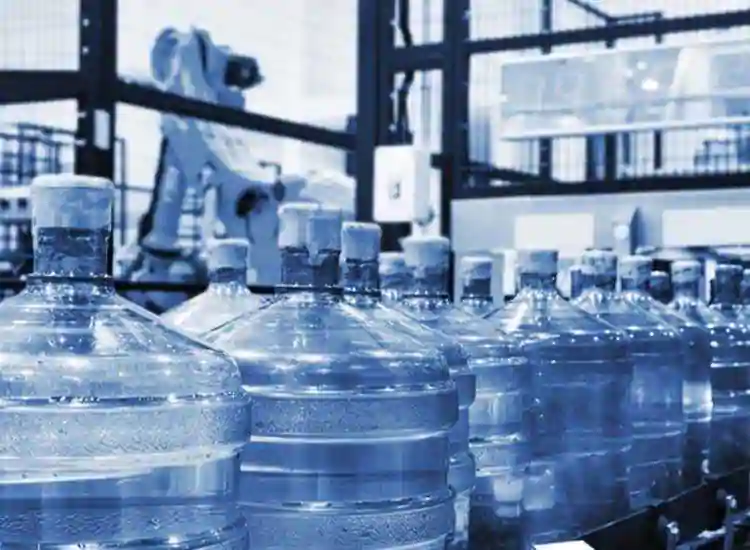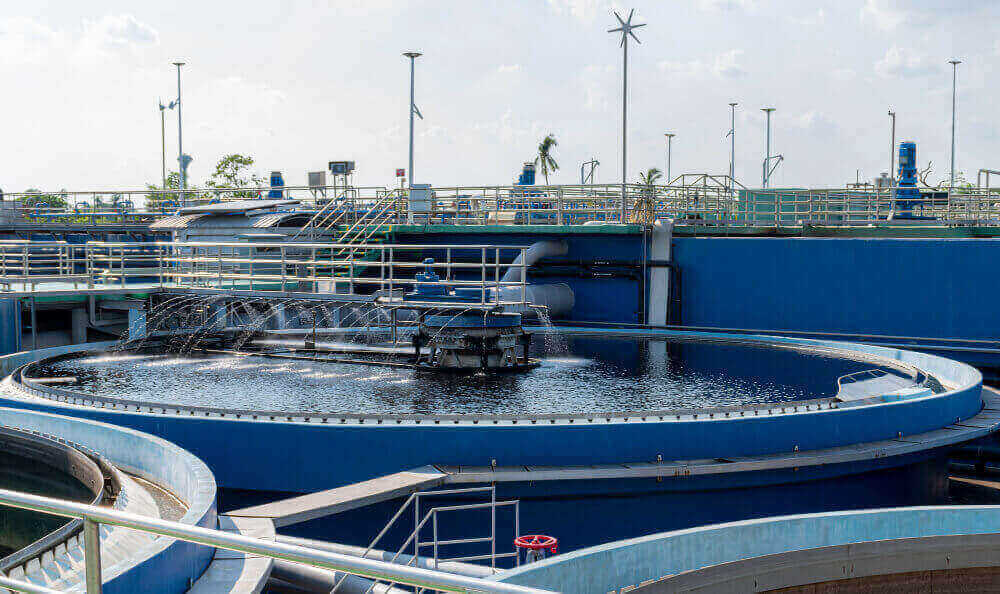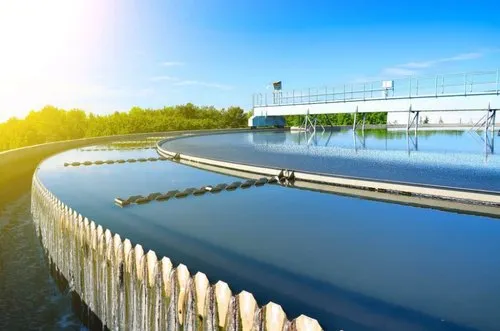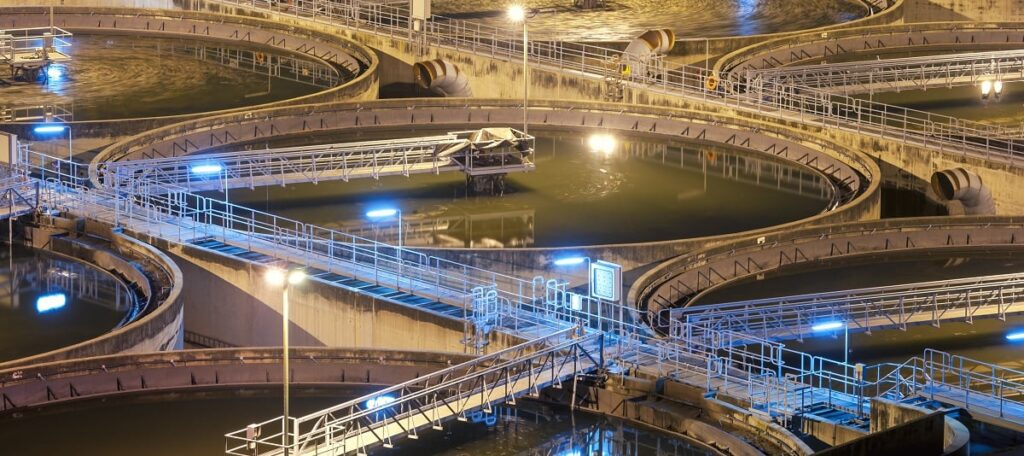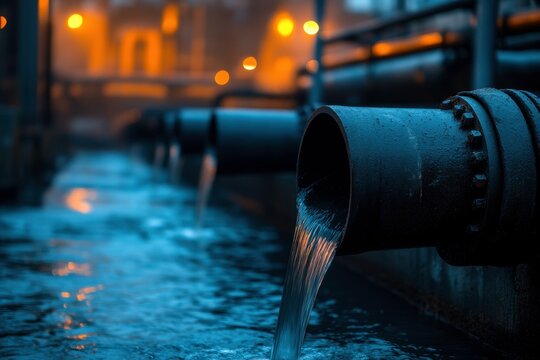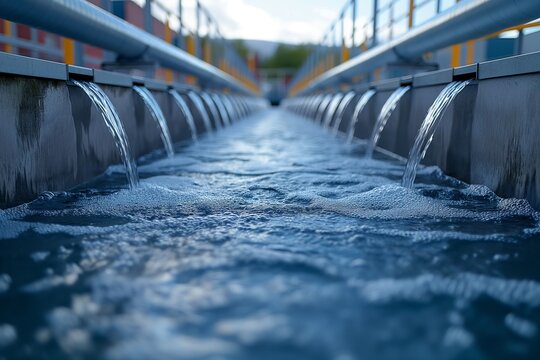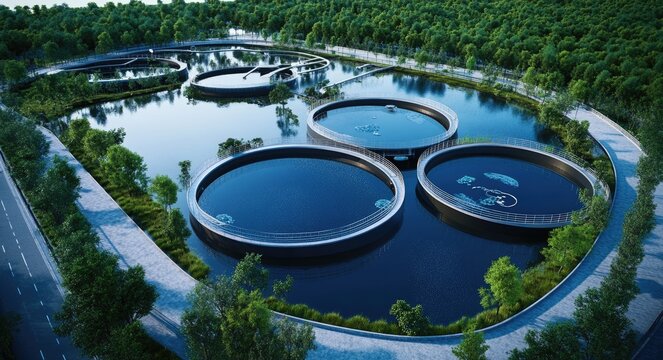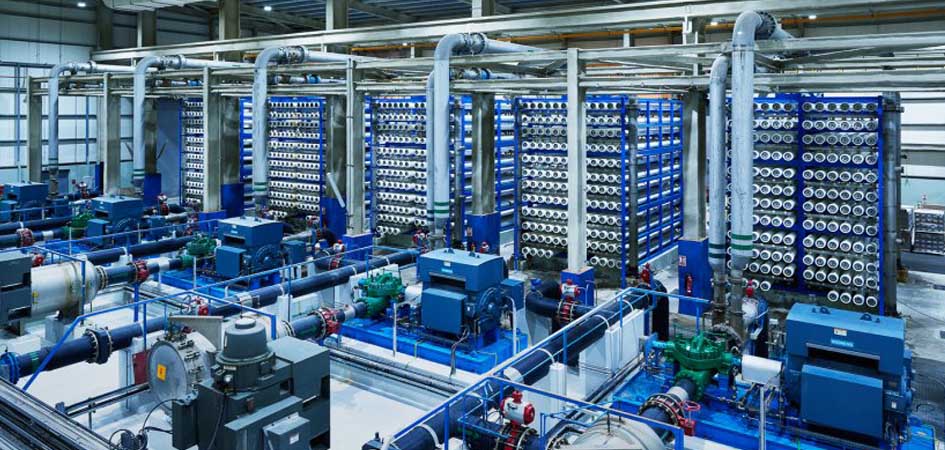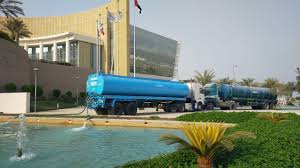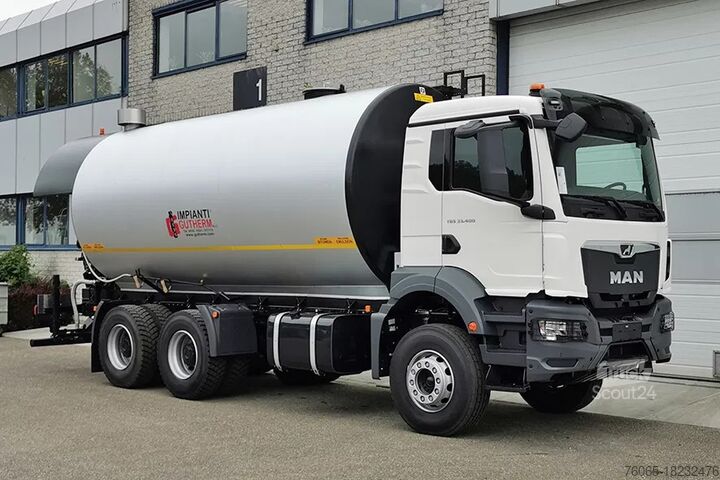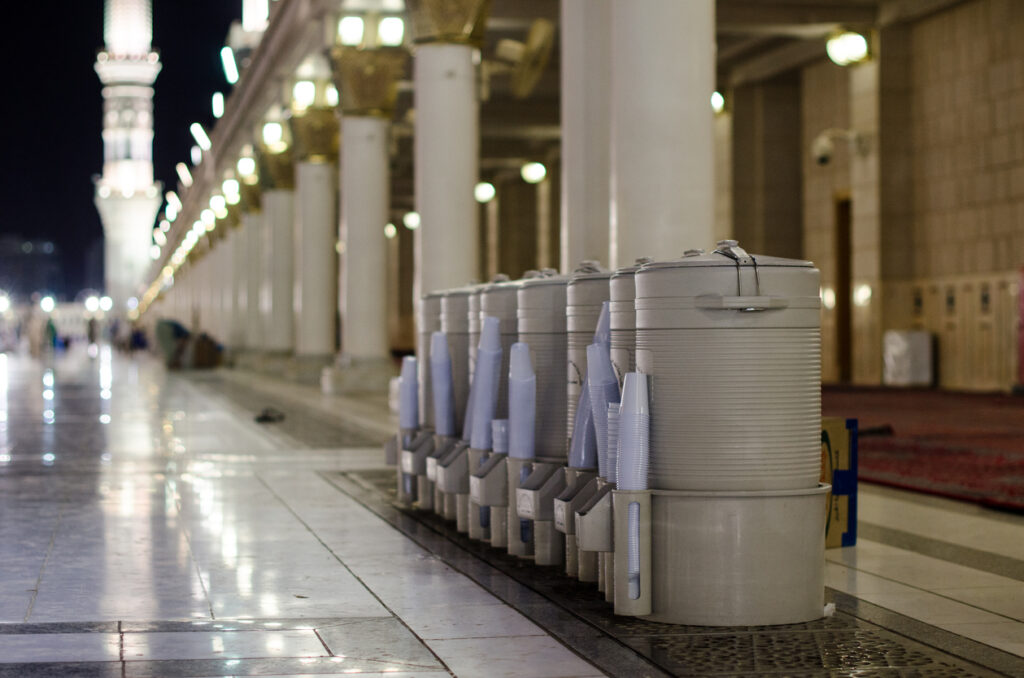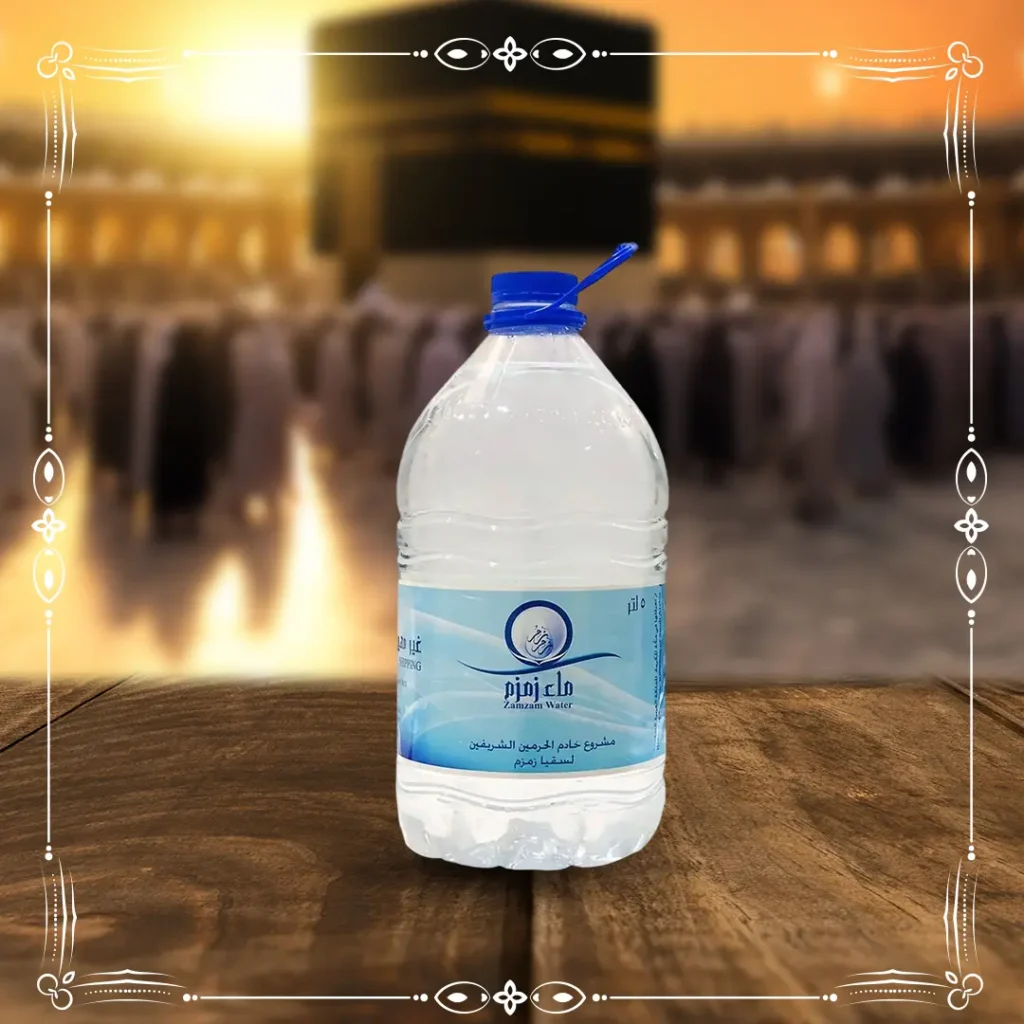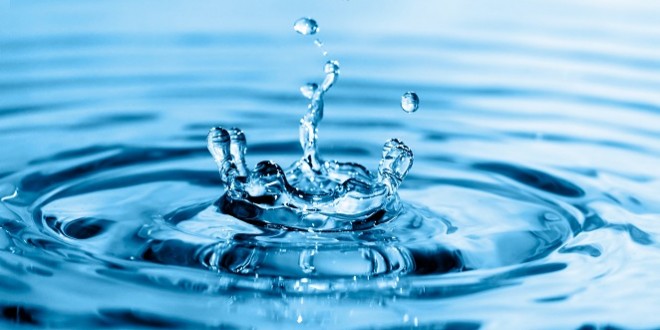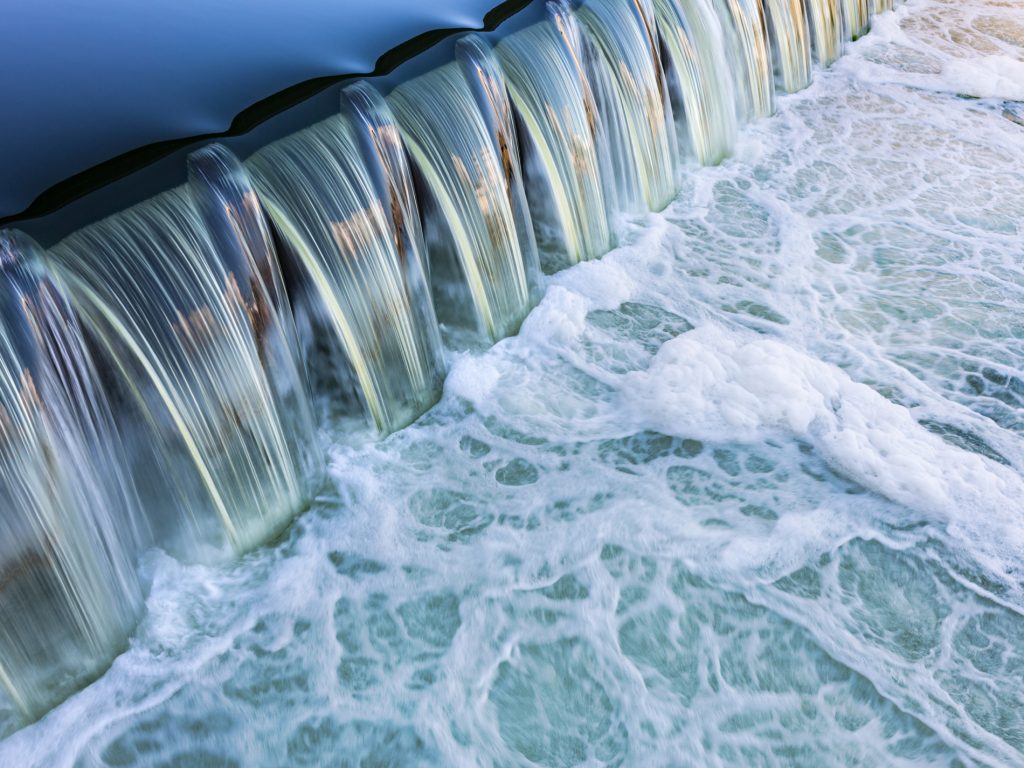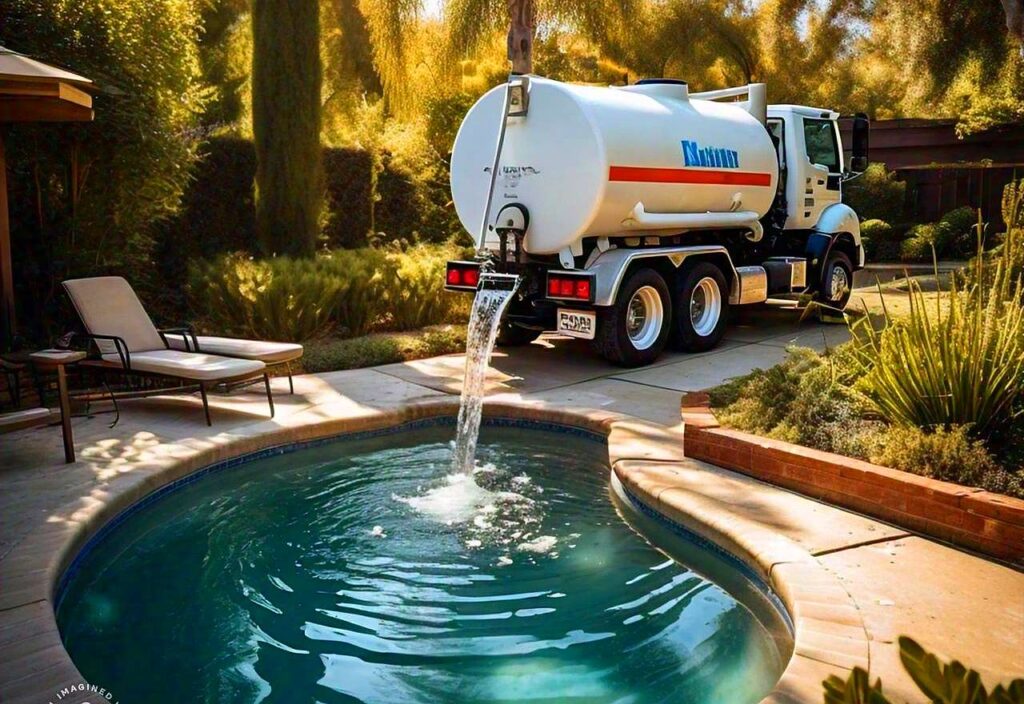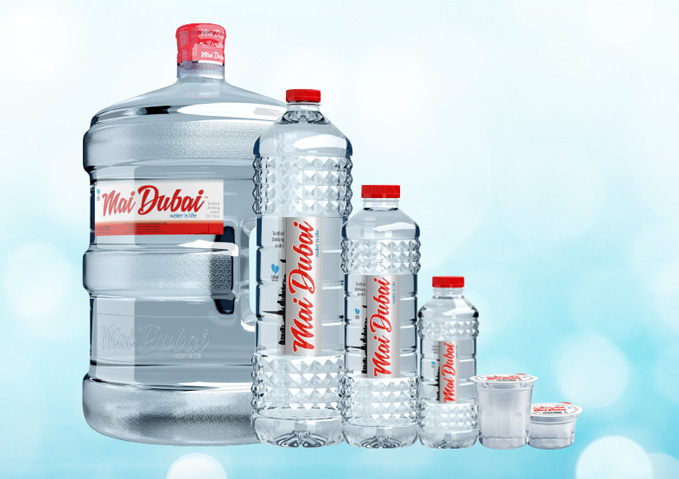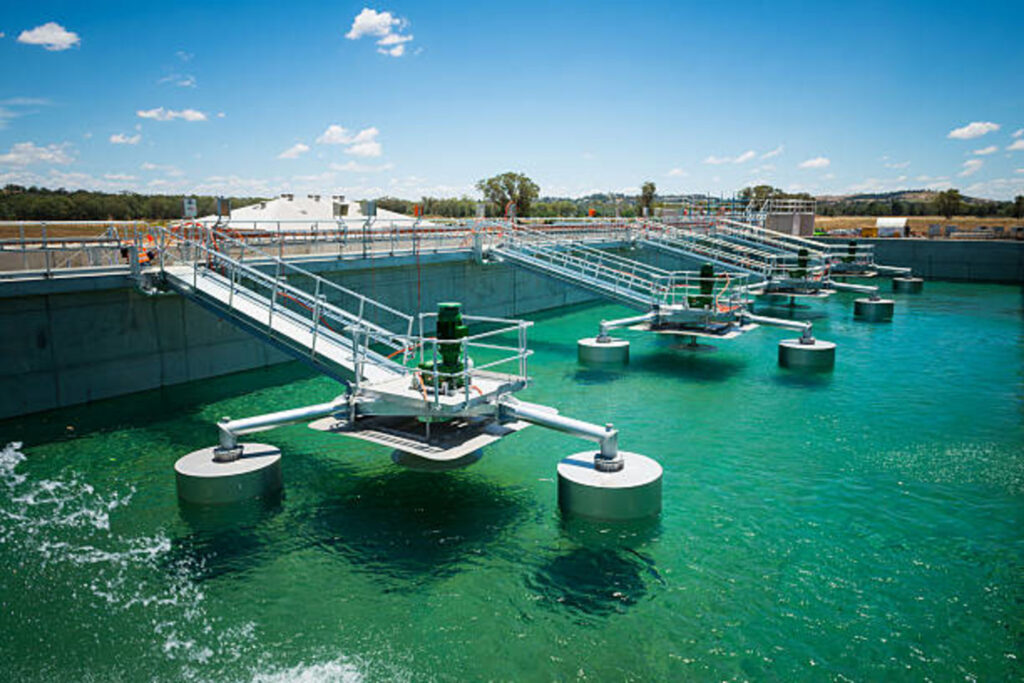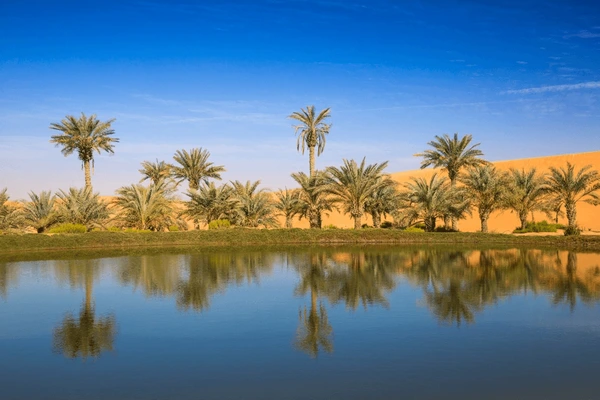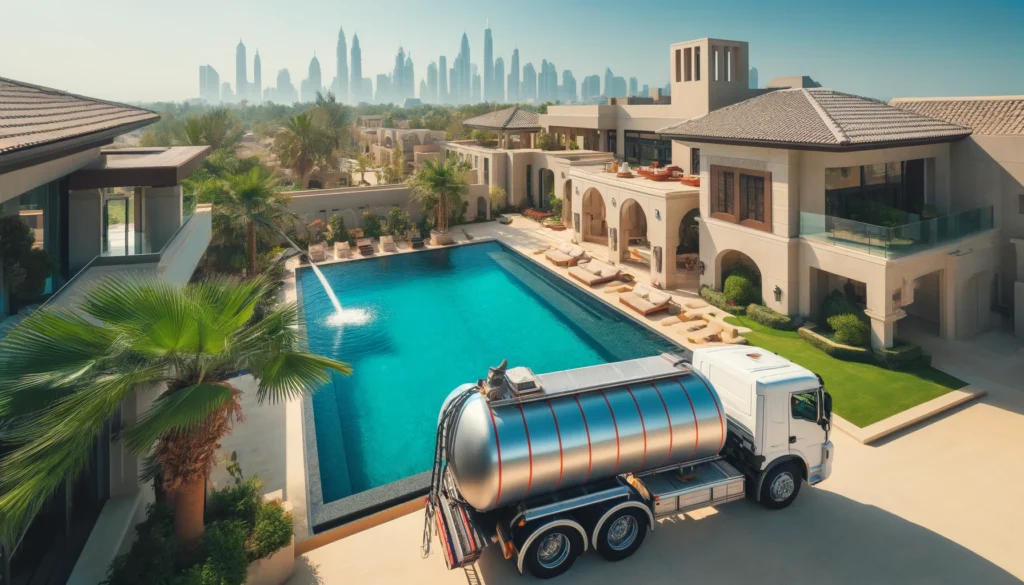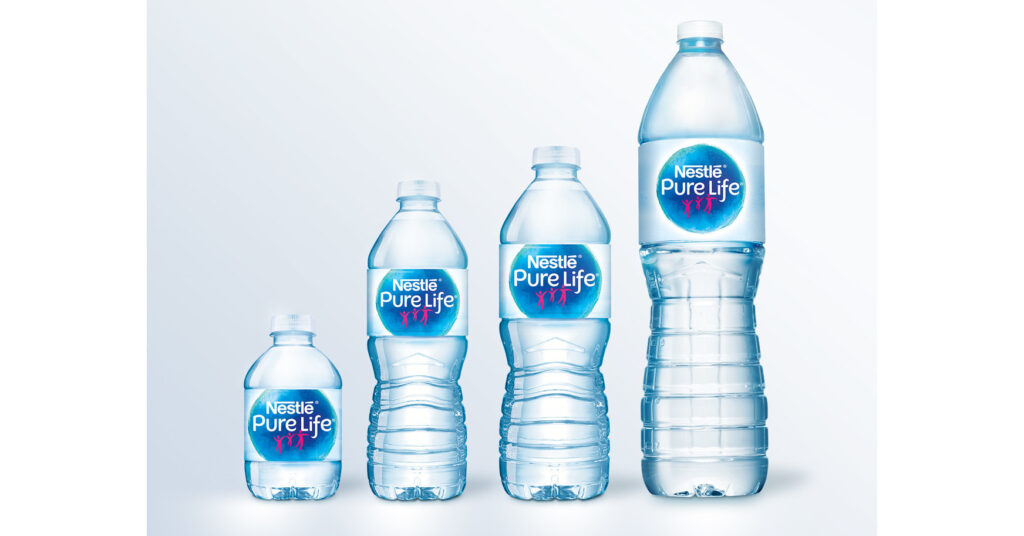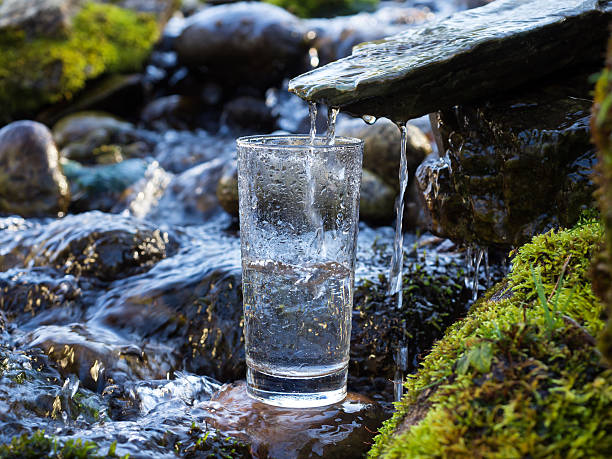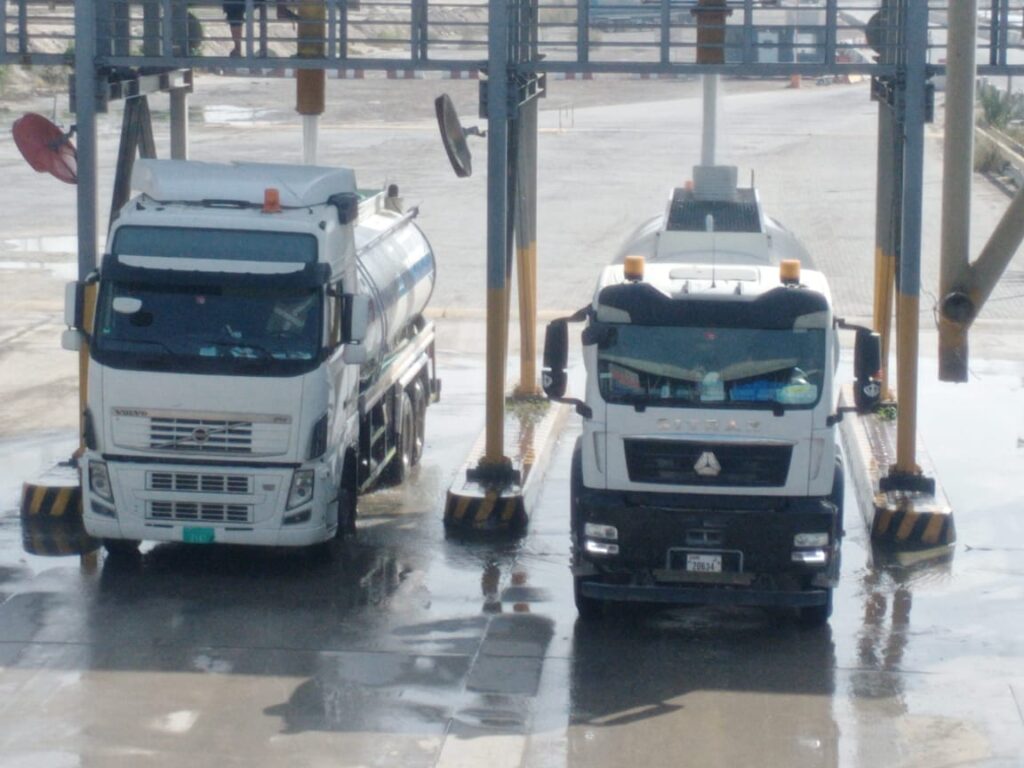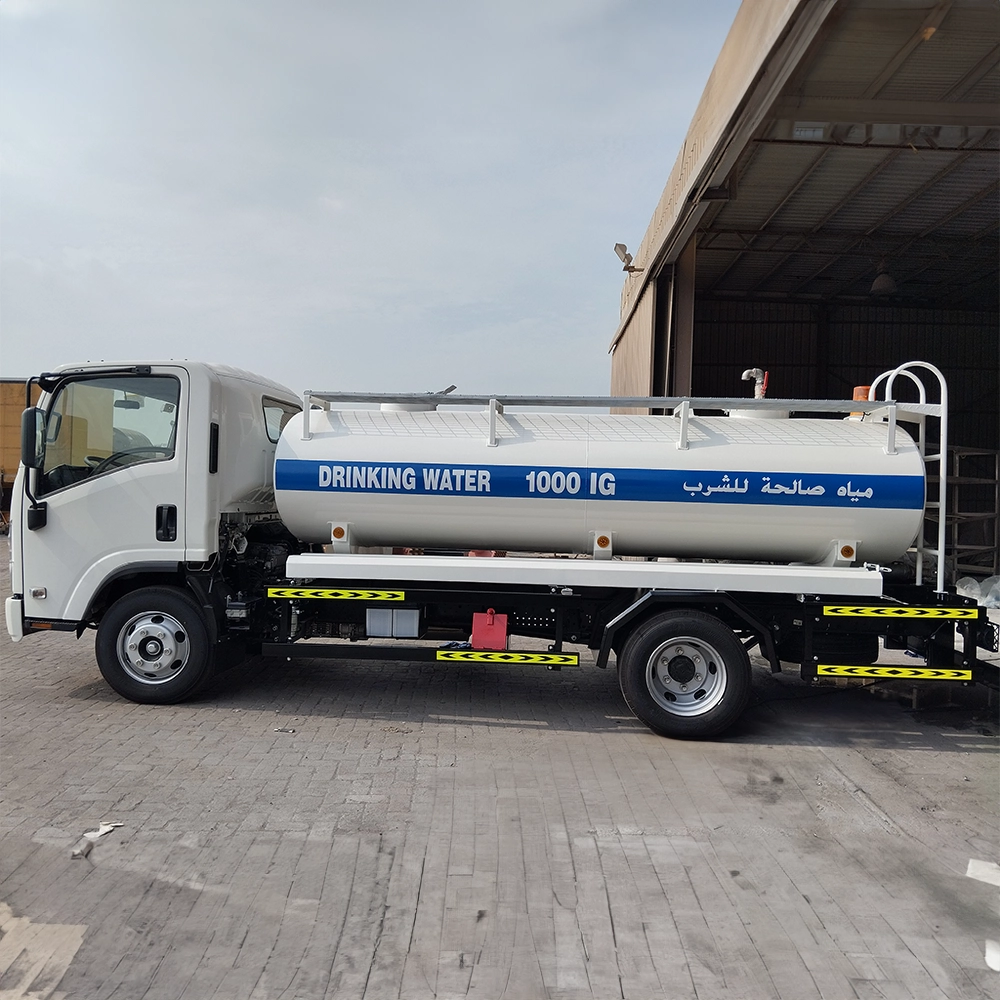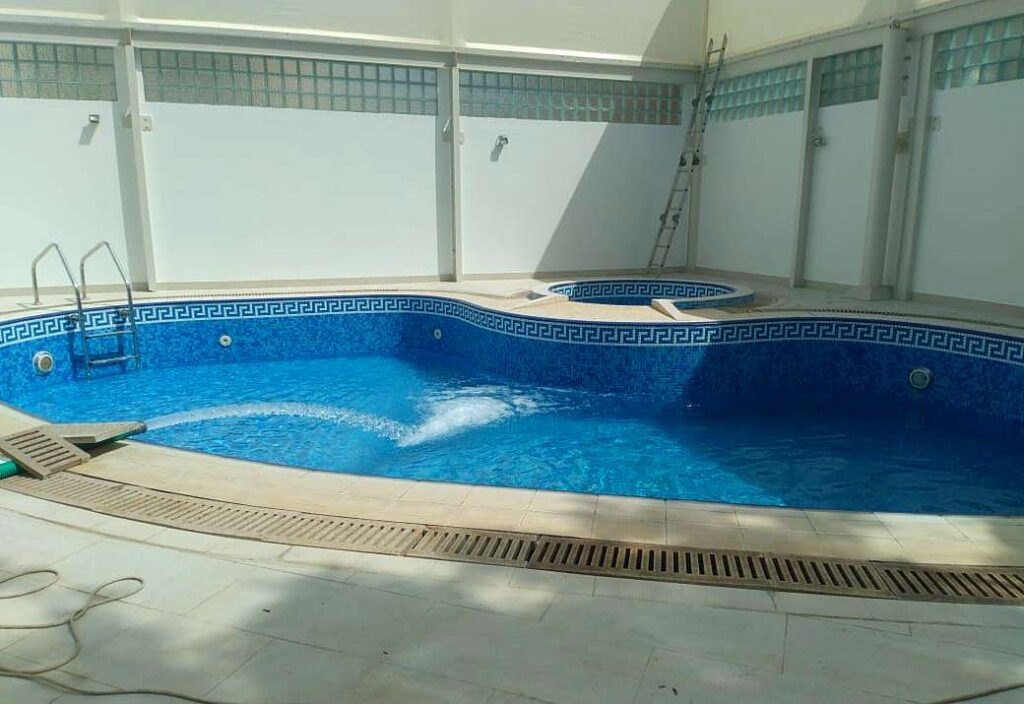Hot Water Tanker Suppliers: The Complete Guide (2025 Edition)
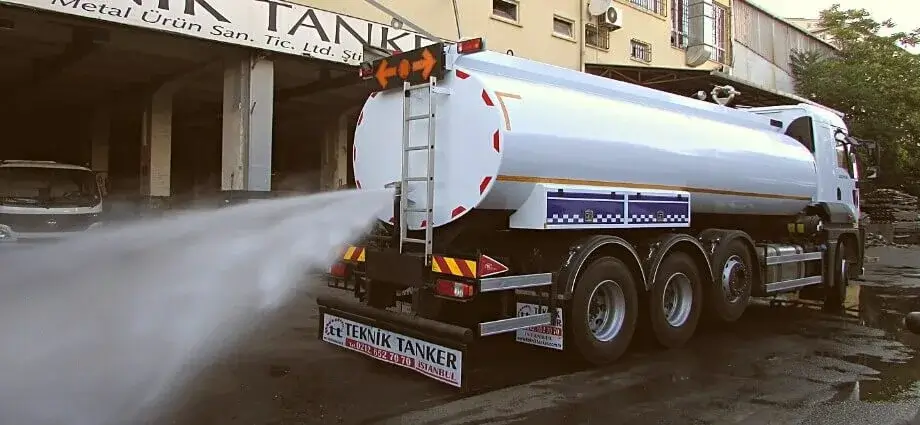
In a world where efficient water management is crucial across industries, the role of hot water tankers has become more prominent than ever. Whether it’s for construction, sanitation, industrial processing, road cleaning, or emergency services, hot water tankers provide a mobile, high-temperature water Hot Water Tanker Suppliers 2025 solution tailored for specific needs.
Choosing the right hot water tanker supplier is not just about finding the best Hot Water Tanker Suppliers 2025 price—it’s about securing reliability, durability, safety compliance, and responsive after-sales support. In this 2025 guide, we’ll explore the following:
- What hot water tankers are and how they work Hot Water Tanker Suppliers 2025
- The key applications and industries served Hot Water Tanker Suppliers 2025
- Top features to look for
- The best suppliers in the market
- How to choose the right supplier
- Market trends and innovations
What Is a Hot Water Tanker?
A hot water tanker is a mobile tank system designed to transport and distribute heated water at controlled temperatures. Mounted on trailers or trucks, these tankers can store water at temperatures ranging from 30°C to over 90°C, depending on the need.
Main Components:
- Tank Body: Often made from stainless steel, Hot Water Tanker Suppliers 2025 carbon steel, or FRP (for heat-resistant models).
- Insulation Layer: To retain temperature over Hot Water Tanker Suppliers 2025 long distances.
- Heating Mechanism: Includes onboard heaters—diesel, electric, or gas-fired.
- Pump and Hose System: Allows controlled Hot Water Tanker Suppliers 2025 dispensing at the point of use.
- Temperature Monitoring: Digital or analog thermostats Hot Water Tanker Suppliers 2025 for real-time temperature tracking.
Industries That Use Hot Water Tankers
Hot water tankers are indispensable in industries and services Hot Water Tanker Suppliers 2025 where heated water is critical for operations. Here are the key sectors:
1. Construction and Road Maintenance
- Used to remove road oil, tar, and debris.
- Assists in curing concrete with temperature-controlled Hot Water Tanker Suppliers 2025 water.
- Heats and softens asphalt during maintenance.
2. Municipal and Sanitation Services
- Clean pavements, bins, and street furniture more effectively Hot Water Tanker Suppliers 2025 with hot water.
- De-ice roads in winter with heated water spraying units.
3. Food and Beverage Industry
- Hot water tankers support mobile sanitation of equipment, surfaces, Hot Water Tanker Suppliers 2025 and processing areas.
- Used in mobile dairies, breweries, and slaughterhouses for cleaning.
4. Industrial Plants
- Provides hot rinse or steam cleaning services for machinery.
- Useful in chemical and pharmaceutical units for Hot Water Tanker Suppliers 2025 decontamination.
5. Agriculture and Livestock
- Supplies heated water for animal washing, disinfecting barns, or maintaining hygiene in milk parlors.
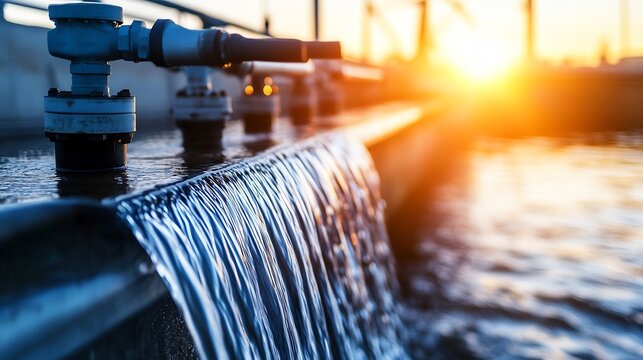
6. Disaster Relief and Emergency Services
- Offers mobile sanitation and decontamination where normal Hot Water Tanker Suppliers 2025 water infrastructure is damaged.
- Delivers warm water for temporary shelters and field hospitals.
Key Features of a High-Quality Hot Water Tanker
When evaluating hot water tankers, consider these essential features to ensure performance and longevity:
1. Temperature Control
- Digital thermostats with high-precision sensors.
- Safety features to prevent overheating.
2. High-Grade Insulation
- Multilayer polyurethane or mineral wool insulation to retain heat for 8–12 hours.
3. Corrosion-Resistant Materials
- Stainless steel (SS304 or SS316) tanks resist corrosion from hot water.
- Protective linings for added durability.
4. Energy-Efficient Heaters
- Options include diesel, LPG, or electric heaters based on mobility Hot Water Tanker Suppliers 2025 and energy access.
- Should comply with emission and energy safety standards.
5. Mobility and Mounting
- Chassis-mount or trailer-mount designs.
- Skid-mount versions for static locations.
6. Automation and Safety
- Auto shutoff features.
- Emergency pressure release valves.
- Remote monitoring (on premium models).
Leading Hot Water Tanker Suppliers (2025)
Here are some of the top-rated suppliers globally and in the UK for hot water tankers:
1. Emi Controls (Italy)
- Known for high-performance industrial cleaning and heating Hot Water Tanker Suppliers 2025 tankers.
- Ideal for large-scale urban or industrial use.
- Custom-made units with GPS tracking and automation.
2. ROM bv (Netherlands)
- Supplies hot water tankers tailored for drain cleaning and sanitation services.
- Offers combination units with suction and jetting features.
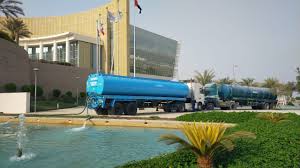
3. Whale Tankers (UK)
- Offers a range of hot wash jetting tankers.
- Excellent for local councils, airports, and industrial cleaning companies.
- 24/7 service support and UK-based manufacturing.
4. KAISER AG (Austria)
- Premium supplier of advanced water jetting and vacuum tankers.
- Units with integrated boiler systems and adjustable pressure Hot Water Tanker Suppliers 2025 systems.
5. Watercare Systems (India/UK)
- Specializes in custom-made hot water transport tankers for construction and food industries.
- Cost-effective and flexible for medium-scale operations.
How to Choose the Right Supplier
1. Evaluate Industry Experience
Look for suppliers with proven experience in your specific industry—e.g., sanitation, construction, or food processing.
2. Assess Customization Options
Check whether the supplier can tailor:
- Tank size and shape
- Heating type (electric/diesel/LPG)
- Pumping capacity
- Hose reel setup
3. Check Certification and Compliance
Ensure tankers meet relevant standards:
- ISO 9001 for quality management
- EN 14025 or ADR for tank safety
- CE marking for European conformity
4. Review After-Sales and Maintenance Support
Ask about:
- Spare parts availability
- On-site servicing or remote diagnostics
- Warranty duration
5. Inspect Insulation Efficiency
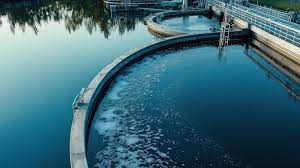
Ask for thermal performance data. A well-insulated tanker can reduce fuel use by 20–30% by minimizing heat loss.
6. Request a Demo or Reference
Top suppliers will happily offer a product demonstration or client reference list.
Cost Considerations
Pricing for hot water tankers varies significantly based on capacity, material, and features:
| Tanker Type | Capacity | Estimated Cost (2025) |
|---|---|---|
| Basic steel tanker with external heater | 1,000–2,000 liters | £12,000 – £18,000 |
| Insulated stainless steel tanker | 3,000–6,000 liters | £20,000 – £35,000 |
| Industrial hot wash combo tanker | 7,000–12,000 liters | £40,000 – £80,000 |
| Premium fully automated model | 10,000+ liters | £90,000+ |
Always ask for a total cost of ownership (TCO) estimate—including operating costs, fuel consumption, and service fees.
Innovation Trends in 2025
1. Hybrid Heating Systems
Manufacturers are introducing dual-source heaters (e.g., diesel and electric) to offer fuel flexibility and reduce emissions.
2. Telematics and Smart Controls
Remote monitoring, real-time GPS tracking, and temperature control apps allow better fleet management.
3. Solar-Assisted Heating
Some units now include solar panels to preheat water, cutting fuel usage and emissions.
4. Lightweight Tank Materials
New composite tanks reduce vehicle load, improving fuel economy without compromising insulation.
Common Mistakes to Avoid
- Overlooking Insulation Quality
Poor insulation leads to high heating costs and temperature loss. - Ignoring Fuel Efficiency
Low-cost heaters may burn more fuel and break down faster. - Choosing the Wrong Capacity
Undersized tankers may lead to multiple refills and downtime; oversized ones waste energy. - Neglecting Safety Compliance
Non-certified heaters or tanks could be banned from public operation or raise insurance issues. - Skipping After-Sales Support
Without service support, downtime can become costly, especially in high-demand seasons.

Case Study: Hot Water Tankers in Urban Sanitation – London Borough Council
In 2024, a London borough upgraded its old water tankers to modern insulated hot water units from Whale Tankers. These were used for graffiti removal, pavement cleaning, and winter road washing.
Outcomes:
- Reduced fuel use by 25% due to better insulation.
- Lowered maintenance costs thanks to automated heating controls.
- Improved service quality—residents noted cleaner streets and faster cleaning times.
This highlights the importance of choosing reliable, efficient, and service-backed suppliers.
Conclusion
Hot water tankers play a crucial role in modern infrastructure—from keeping our streets clean to enabling sanitation and industrial processes. Choosing the right supplier ensures not only affordability but also operational excellence and environmental responsibility.
To summarize:
- Choose suppliers with industry experience and strong service records.
- Prioritize insulation, safety, and heater efficiency.
- Ensure compliance with UK and EU safety standards.
- Always evaluate long-term operating costs, not just the upfront price.
By working with a trusted hot water tanker supplier, businesses and public services can gain reliable access to mobile heated water solutions—keeping operations smooth, hygienic, and efficient in 2025 and beyond.
